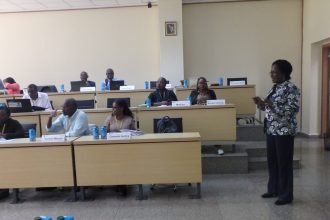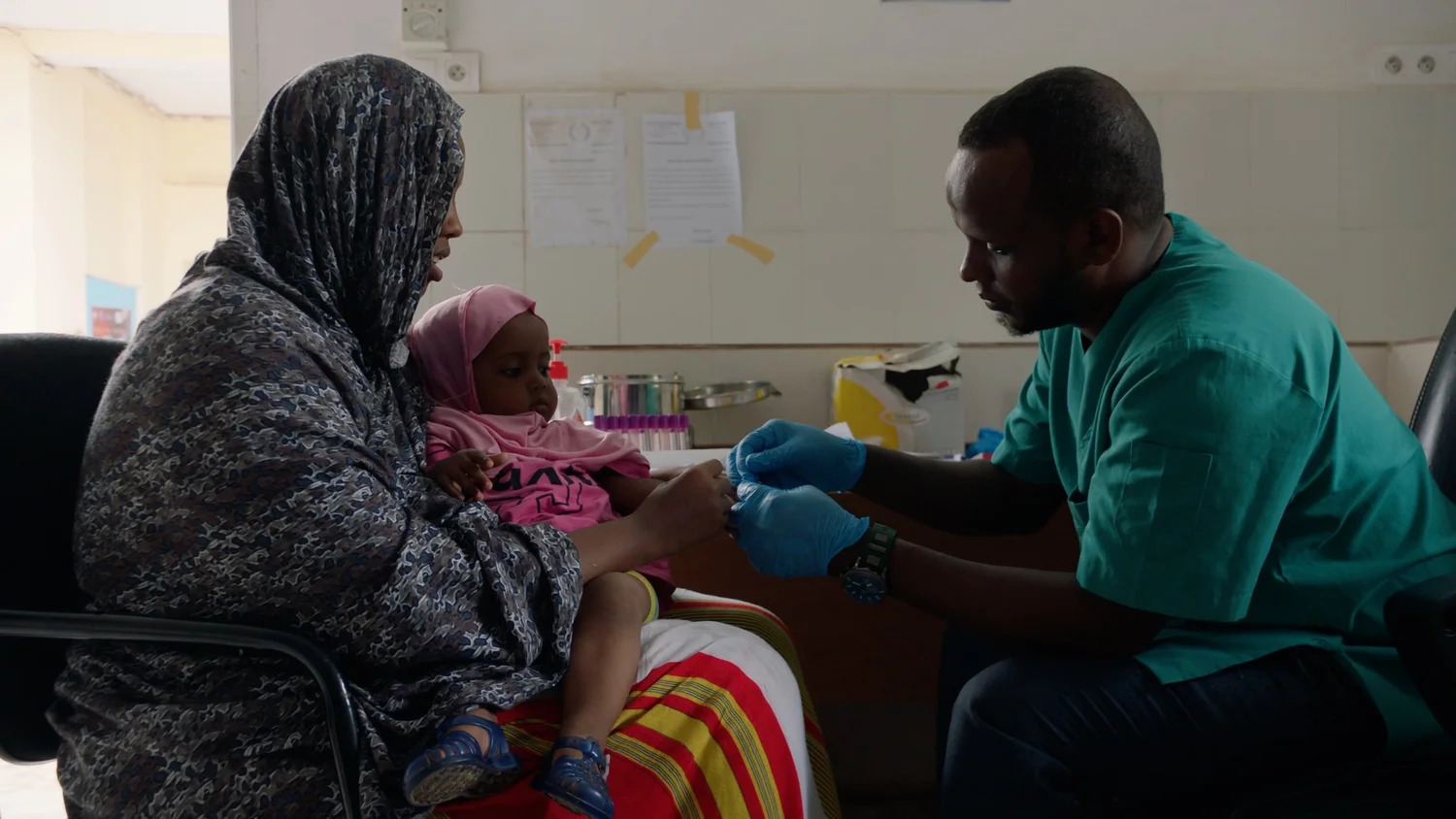East Africa’s first dedicated mosquito production and research facility has officially launched in Djibouti, a major milestone in the country’s fight against urban malaria and a bold step forward in regional public health and scientific leadership.
The launch event, held on 5th November, celebrated the opening of the facility and the ongoing scale-up of pilot releases of Friendly™ mosquitoes, which are environmentally safe and help tackle the invasive urban malaria-spreading mosquito, Anopheles stephensi.
Hosted by Djibouti’s Ministries of Health and the Environment, the event welcomed senior government officials, civil society leaders, international partners, and technical experts.
The launch ceremony followed a high-level roundtable workshop, in which key stakeholders reviewed programme progress and helped shape the next phase of the Djibouti Friendly™ Mosquito Program.
The new facility will serve as the new operational hub for the Djibouti Friendly™ Mosquito Program, supporting advanced mosquito rearing, monitoring, and deployment operations for the self-limiting, targeted vector control solution.
It also marks the first component of Djibouti’s new Medical Entomology Centre of Excellence: a national initiative to build scientific capacity, foster innovation, and provide high-quality opportunities for Djiboutian scientists.
The Djibouti Friendly™ Mosquito Program – a public-private partnership between Djibouti’s National Malaria Control Program, the public health not-for-profit Association Mutualis, and Oxitec Ltd, the leading developer of safe, targeted biological solutions to control pests that transmit disease and threaten food security – has made significant strides since its inception.
Following multi-season monitoring of An. stephensi and successful Friendly™ mosquito ecology studies in local communities, the programme is now entering an expanded community pilot phase.
The new facility enables expanded releases of Friendly™ male mosquitoes to suppress wild An. stephensi populations in Djibouti City and surrounding areas.
Anopheles stephensi, an invasive urban malaria vector, has rapidly spread across Africa, threatening over 100 million people in cities. Djibouti, once nearing malaria elimination, has seen a resurgence in cases due to this resilient, daytime-biting mosquito.
Beyond its immediate public health mission, the facility is designed to catalyse scientific advancement in Djibouti. It will host research, training, and collaboration activities, positioning Djibouti as a regional leader in entomology and vector control.
The Centre of Excellence will facilitate knowledge exchange among Djiboutian and international experts, and serve as a model for similar initiatives across Africa.
“This launch marks a turning point in our national malaria strategy,” said Col. Dr Abdoulilah A. Abdi, Djibouti’s Health Advisor to the Presidency. “We are proud to lead Africa in deploying targeted, sustainable solutions to protect our citizens. This new facility will help to ensure that Djibouti remains at the forefront of public health research and innovation.”
“This facility is more than a state-of-the-art building; it’s a symbol of what public-private partnerships can do when we have a shared mission and a desire to advance bold solutions to growing threats,” said Grey Frandsen, CEO of Oxitec. “This launch represents a major step forward in making our Friendly™ Anopheles stephensi available as a scalable solution to African governments and communities soon.”




